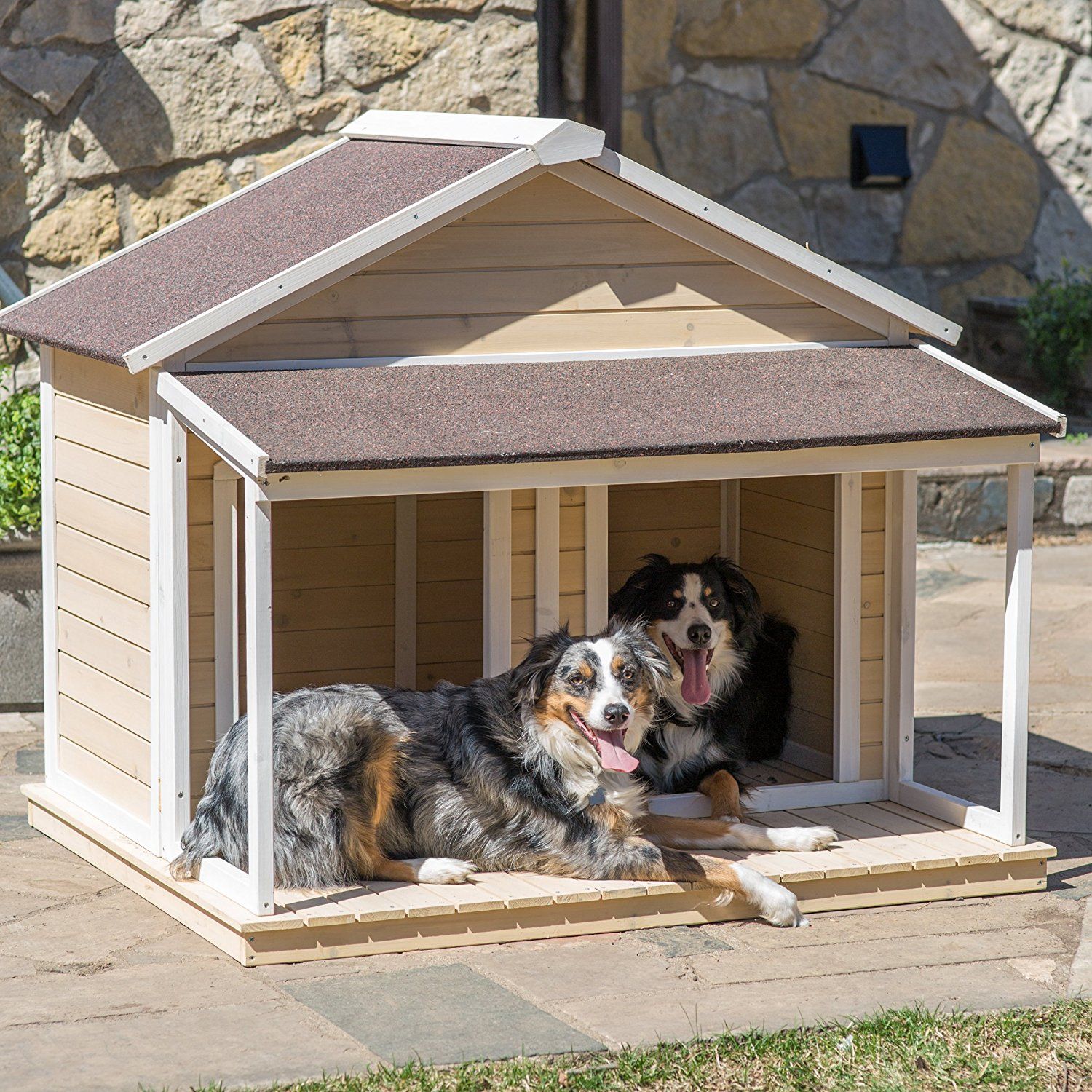Table Of Content

As you can see, several factors can determine how long a mouse will live. While pet mice have a better opportunity to reach their full expectancy of 2 years, it is still their wild mice cousins who have the longest lifespans. Unfortunately, wild mice rarely reach their life expectancy of 5 years unless they are brought into captivity. Luckily, pet owners who have pet mice, they’ll get to spend a few years with their companions and provide them with the best life possible. This is when males use their ultrasonic songs and special scents to attract a female. Once mating is done, females will deliver a litter within days.
What factors contribute to longer mouse lifespan in special cases?
How to know if you have mice in your house + how to keep them out this fall and winter - Raleigh News & Observer
How to know if you have mice in your house + how to keep them out this fall and winter.
Posted: Fri, 13 Oct 2023 07:00:00 GMT [source]
Considering that half the litter might be female and capable of reproducing within six weeks, it is clear that these pests can reproduce at a fast pace. House mice generally live close to humans, in places like houses and barns. This is one of the most pressing reasons to have a mouse infestations removed as quickly as possible. While rats are infamous as being the primary carriers of the Bubonic Plague, mice can carry it, too. Leptocyrrhosis, Hantavirus, Hemorrhagic fever, and many other diseases can be transmitted directly from rodents to humans.
How many traps are needed for mice?
Some forms, known as shaking or waltzing mice, move erratically, which is how they get their name. The biggest danger that mice pose to humans is the diseases they carry. These are often transferred to humans when the mouse bites or when you come across their droppings, neither of which will happen while you sleep. They carry the same diseases, and they both can trigger allergies and asthma. Rats can be more aggressive than mice, especially around their offspring, and they’re more likely to bite you if they feel threatened.

Economic Importance for Humans: Positive
Because duplication does not reach the very point of the chromosome, those telomeres get shortened each time DNA repeats- for example, during cell division. The mice with extended telomeres lived 24% more, were leaner, and were much less likely to acquire cancer. According to scientists, multiple metabolic aging indicators were also found to be reduced.
THE BEST IN PESTS.™
Predation by larger animals, scarcity of food and water, exposure to harsh weather conditions, and diseases are some notable factors affecting their lifespan. Typically, a mouse in the wild might live just five to six months, or less than a year, due to these survival challenges. With plenty of food and safe shelter, house mice that invade domestic spaces tend to live longer. On average, these pests can survive approximately two to three years within the comfort of a human dwelling. In stark contrast, those living in the wilderness have a much shorter lifespan, typically just five to six months or less than a year.
How Does The Lifespan of Pet Mice Compare To House or Wild Mice?
The life expectancy of mice tends to vary from one species to another. They may suffer from some diseases like cancer, heart failure, and kidney failure which is one of the reasons for their death. The wild mice have a short lifespan due to the presence of harsh environments and natural predators like cats, dogs, snakes, and birds.
How do mice source water and food from their environments, both domestic and wild?
This includes proper enclosures, housing, and for the best results, a partner. It is believed that pet mice do better when they have a constant companion. The difference between the different species of mice lifespans is likely impacted by their habitat and exposure to predators. Snap traps, electronic traps, and glue boards are not humane. You also have to collect the mouse and dispose of it after it's dead, which can be unsafe.
Mice can effectively conserve water by producing concentrated urine and feces, and extracting water from their food. Mice open their eyes and grow hair within their first 2 weeks of life. By the time they are 3 weeks old, these juveniles are weaned from their mothers, able to find their own food, and coming and going from the nest on their own. You may want to contact a professional pest control company or contractor. These professionals will have the tools, knowledge, and licenses to remove mice from your home safely. In rural conditions, the mouse will have a predilection for forests; while, in cities, the mouse will take refuge in sewers, garbage dumps and damp places.
Often, these scraps aren’t enough to keep them healthy which is one of the reasons why wild mice often die before they reach their average life expectancy. The house mouse you may encounter in your home typically has a lifespan. However, with plenty of food, water, and no predators, they can live up to 2.5 years. If a house mouse is a pet, the average life span is about 2 years, but mutant and calorie-restricted captive individuals have lived for as long as 5 years. Wild-derived captive Mus musculus individuals have lived up to 4 years in captivity.
They can even cause electrical fires when they gnaw through wires. But they can also be pests when they enter your space uninvited, and in some cases, they can even be bad for your health. Here's everything you need to know about mice -- types, habits, health risks, how to know if they're in your house, and how to get rid of them. Many studies have been done on mouse phylogenies to reconstruct early human movements. House mice also rely on pheromones for social communication, some of which are produced by the preputial glands of both sexes.
The mice adapt to their environment better in urban areas as they eat all the scraps as food. The mouse which is kept as a pet is fed with a special mouse diet which increases their life span, for sure they get more care than the wild ones. The white-colored mouse is most commonly kept as a pet in homes. The mouse is the most successful mammalian genera living on the earth due to its fast adaptivity and can live in almost every environmental condition.
In fact, only dominant males have the right to mate with females. This rule can only be broken if a young male defeats the dominant male in a deathmatch, assuming the latter's position and becoming the new leader of the pack. A mouse’s four incisor teeth grow throughout life, meaning that a mouse chews on nearly anything. They can cause structural damage to parts of your home, including siding or electrical wiring.
Ideal conditions for a mouse mean a steady supply of food without intense competition from other rodents or predators, as well as a somewhat temperate climate. Diseases and people or pets are the only serious dangers to the pest's existence as long as they have access to food and water. Most house mice are preyed upon by carnivores in the wild.
The mice are widely selected due to several reasons like they are small, inexpensive, have a widely varied diet, and reproduce quickly. The several generations can be observed very quickly in a short time. If the mouse is kept as a pet then they are very docile if it is raised from birth and given sufficient human contact. In the wild, the life expectancy of a mouse can reach 2 years, although it will vary depending on the subspecies of house mouse (Mus musculus).














